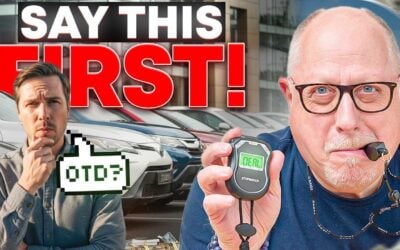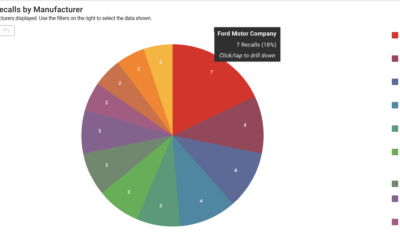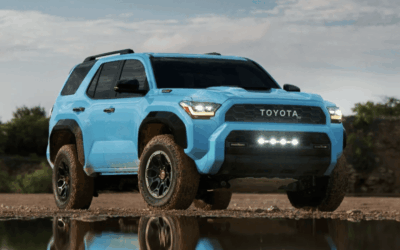Buying a car is a process that’s full of decisions, many of which can drastically alter your out-the-door price. Deciding whether to purchase add-ons simply adds to the stress of it all. Most car buyers are offered an “extended warranty,” but it’s a term that is too often used in a misleading way. What are extended car warranties, and when do you need one? Let’s dive into what extended warranty coverage entails, whether you need one, and how to choose the best option for your vehicle without breaking the bank.
What Is an Extended Warranty?
An extended warranty is a service contract that covers certain repairs or services after the original manufacturer’s warranty expires. However, the term is frequently used incorrectly to refer to vehicle service contracts (VSCs) sold by third parties.

A true extended warranty can only be provided by the vehicle’s manufacturer or dealer. Vehicle service contracts, on the other hand, are often sold by third-party companies and cover repairs in addition to the original warranty.
Both extended warranties and vehicle service contracts protect you from unforeseen repair expenses; the key difference is who sells you the plan – the car’s manufacturer or a third party.
Do I Need an Extended Car Warranty if I’m Buying a New or Used Car?

Whether you need an extended warranty depends on your personal risk tolerance and the reliability of the vehicle you are purchasing. Here are some factors to consider:
- New Cars: New vehicles come with a manufacturer’s warranty that typically lasts for 3 to 5 years, with mileage limitations as well. Here’s an example from Toyota. It’s important to check the warranty term for the vehicle you’re considering buying. If you plan to keep the car beyond this period and want extra peace of mind, an extended warranty or VSC might be a good option.
- Used Cars: For used cars, especially those without any remaining manufacturer’s warranty, an extended warranty can provide valuable protection against unexpected repair costs. However, it’s important to consider the vehicle’s reliability and your willingness to pay for potential repairs out of pocket. For used cars, you can often get a much lower rate for a vehicle service contract from a third party. Get your quote in seconds with CarEdge.
What Coverage Should an Extended Warranty provide?
When evaluating an extended car warranty, consider the following coverage details. The same rings true for vehicle service contracts:
- Duration and Mileage: Ensure the warranty covers an adequate period and mileage that suits your needs and driving habits.
- Covered Components: Look for comprehensive coverage that includes major systems like the engine, transmission, electrical systems, and more. See an example of extended warranty coverage here.
- Exclusions: Understand what is not covered, such as wear-and-tear items and regular maintenance.
- Deductibles: Check the deductible amount and whether it applies per visit or per repair. A high deductible may change your mind about the value of the coverage.
- Additional Benefits: Some warranties include extras like roadside assistance and rental car reimbursement.
👉 It’s always a good idea to view a sample contract before signing on the dotted line.
Should I Buy an Extended Warranty at the Car Dealership, or Somewhere Else?
While car dealerships often offer extended warranties, they typically come with significant markups. Here are your options:
- Dealership: Convenient but usually more expensive. Be sure to ask if the warranty is from the manufacturer or a third party, and get a warranty quote from CarEdge to compare rates and terms, no matter what!
- Manufacturer: You can often buy an extended car warranty directly from the manufacturer, sometimes even after the original purchase. But is it a better deal? Compare terms, coverage, and exclusions, along with the price.
- Third-Party providers: Many third-party companies sell vehicle service contracts. While these can be cheaper, it’s crucial to research the provider’s reputation and read the contract carefully to understand what is covered and what is not. These extended warranty and VSC providers are A+ rated from the BBB.
The Takeaway: Consider Coverage Details and Risk tolerance
Understanding what an extended warranty is and whether you need one can help you make an informed decision when purchasing a vehicle. Remember to consider your risk tolerance, the reliability of the car, and the coverage details of the warranty (or vehicle service contract). By doing your due diligence, you can find the best option that provides peace of mind.
👉 CarEdge’s extended warranties are backed a AUL, an award-winning plan administrator. Get your no-hassle quote today!
Tired of car shopping hassles? Let us handle it for you with our CarEdge Concierge service. Our experts will find the perfect vehicle, negotiate the best price, and take care of all the details, saving you time and money. Learn more about CarEdge Concierge, the #1 car buying service in America.













0 Comments